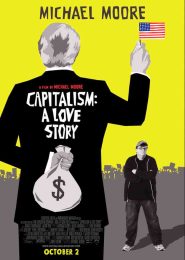Fourteen Days in May (1988)
Fourteen Days in May (1988) is a documentary film that sheds light on the controversial issue of the death penalty.
Directed by Paul Hamann and originally shown on television by the British Broadcasting Corporation (BBC), this documentary takes us inside the Mississippi State Penitentiary, where Edward Earl Johnson faced his final days before execution.
Edward Earl Johnson, an American prisoner, was convicted of rape and murder.
As his execution date approached, he protested his innocence, claiming that his confession had been coerced. On May 20, 1987, Johnson was executed in Mississippi’s gas chamber.
The documentary crew had unprecedented access to the prison warden, guards, chaplain, and Johnson’s family, capturing the intricacies of his final moments.
However, Fourteen Days in May goes beyond Johnson’s case. It compellingly argues against capital punishment, emphasizing that it disproportionately affects African Americans convicted of crimes against whites.
Attorney Clive Stafford Smith, an advocate against the death penalty, features prominently in the film.
The reminder of Johnson’s fate serves as a testament to the complexities of the legal system and the unstable nature of capital punishment.
The documentary’s impact was profound. It won a British Film Institute Grierson Award and a top prize at the Festival dei Populi.
In response to this film, the Lifelines organization was established to connect pen pals with death row prisoners.
Furthermore, the 1988 track “14 Days in May” by British rapper Overlord X samples from this documentary, underscoring its enduring influence.
In summary, Fourteen Days in May navigates the intricate world of justice, human endurance, and the quest for truth amidst the realm of death row.




